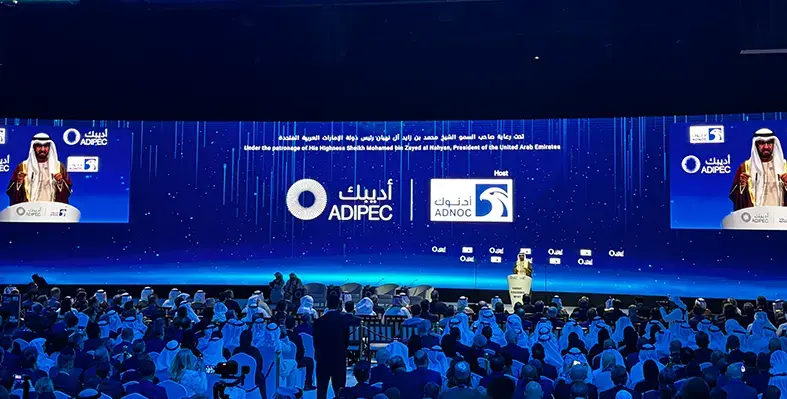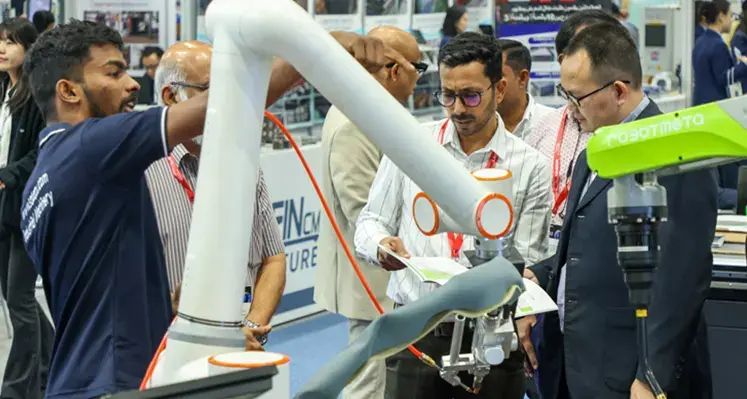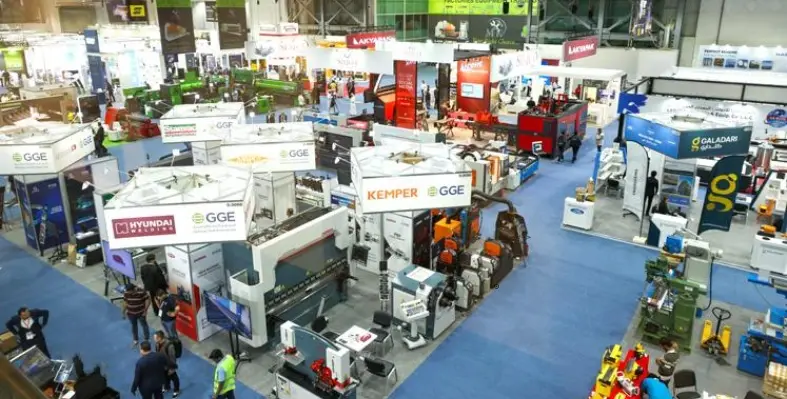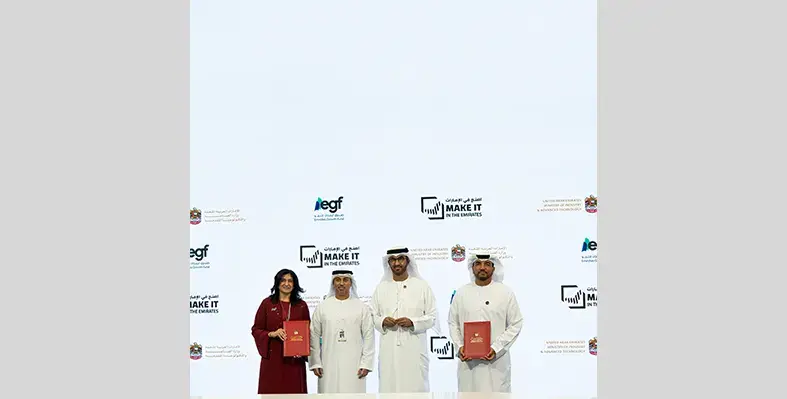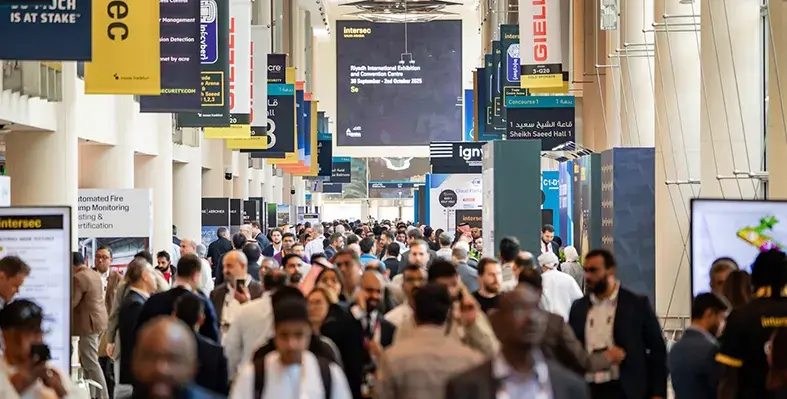
Intersec 2026 takes place from 12–14 January at the Dubai World Trade Centre. (image source: Messe Frankfurt)
Leadership readiness, planning and preparation have become a mission-critical priority for how organisations plan, respond to, and recover from crises, as illustrated by the April 2024 record-breaking rainfall in the UAE
These will be among the key themes at the International Security Leaders’ Summit at Intersec 2026, where leaders from government, aviation, and national infrastructure will discuss how real-world experience influences their leadership strategies amid disruption.
David Warham, head of Response & Recovery Planning at Dubai Airports, stresses that effective crisis leadership is centred on preparation, and points to the event as a lesson in the value of pre-crisis planning, saying that the scale of coordination required extended far beyond the airport boundary.
At the Security Leaders’ Summit at Intersec 2026, taking place from 12–14 January at the Dubai World Trade Centre, Warham will discuss how challenges such as record rainfall have shaped his team’s approach to leading through disruption in one of the world’s busiest aviation environments.
“Effective crisis leadership is defined by calm decision-making, clarity of communication, and credible coordination under pressure. In aviation, where seconds matter and stakeholders span multiple agencies, leaders must translate uncertainty into direction,” said Warham.
“But effective leadership in a crisis begins long before the event itself. It’s built on preparedness, planning, and the discipline of regular scenario testing. True crisis leadership means projecting calm, inspiring trust, and making informed decisions even when information is incomplete.”
“Organisations in the Middle East operate in fast-growing, multicultural environments where critical infrastructure, government agencies, and private operators must work in harmony,” added Warham. “Building resilience here requires more than plans. It demands alignment, consistent joint training, and strong communication channels that transcend organisational boundaries.”
This approach is reflected in the airport’s oneDXB community, which brings together service providers, airlines, and government entities under a shared mission.
“It ensures that when disruption occurs, we respond as one team with clarity, trust, and collective strength,” Warham concluded.
Discussions on resilience, leadership, and collaboration will take place at the Intersec 2026 International Security Leaders’ Summit. Topics are likely to include the General Civil Aviation Authority’s (GCAA) Civil Aviation Regulation on Airport Crisis Management. Designed to shift how airports prepare for, respond to, and recover from crises, emergencies, and operational disruptions, the regulation has been developed in close collaboration with airports across the UAE and is based on international best practices.
PwC will host a closed-door roundtable discussion focusing on the significance of crisis management across various sectors and fields, with a white paper to be published after the event.
The International Security Leaders' Summit is one of Intersec 2026’s flagship knowledge platforms, tackling hot topics such as AI governance, human risk, cross-sector collaboration, and aligning national strategy with security innovation.
Dishan Isaac, show director of Intersec at Messe Frankfurt Middle East, said: “The Security Leaders’ Summit brings together diverse voices from across government, aviation, and critical infrastructure to share lived experience and actionable insights. It reinforces Intersec’s commitment to advancing resilience, collaboration, and security leadership across the region.”
In addition to the Security Leaders’ Summit, Intersec 2026 will also feature the Fire & Rescue Conference, the Health & Safety Conference, the Access Control Theatre, the Control Room Innovation Theatre, the InCyber Briefing and the SIRA Forum.
The event is held under the patronage of His Highness Sheikh Mansoor Bin Mohammed bin Rashid Al Maktoum, and is supported by the General Command of Dubai Civil Defense (DCD) and the Security Industry Regulatory Agency (SIRA).





